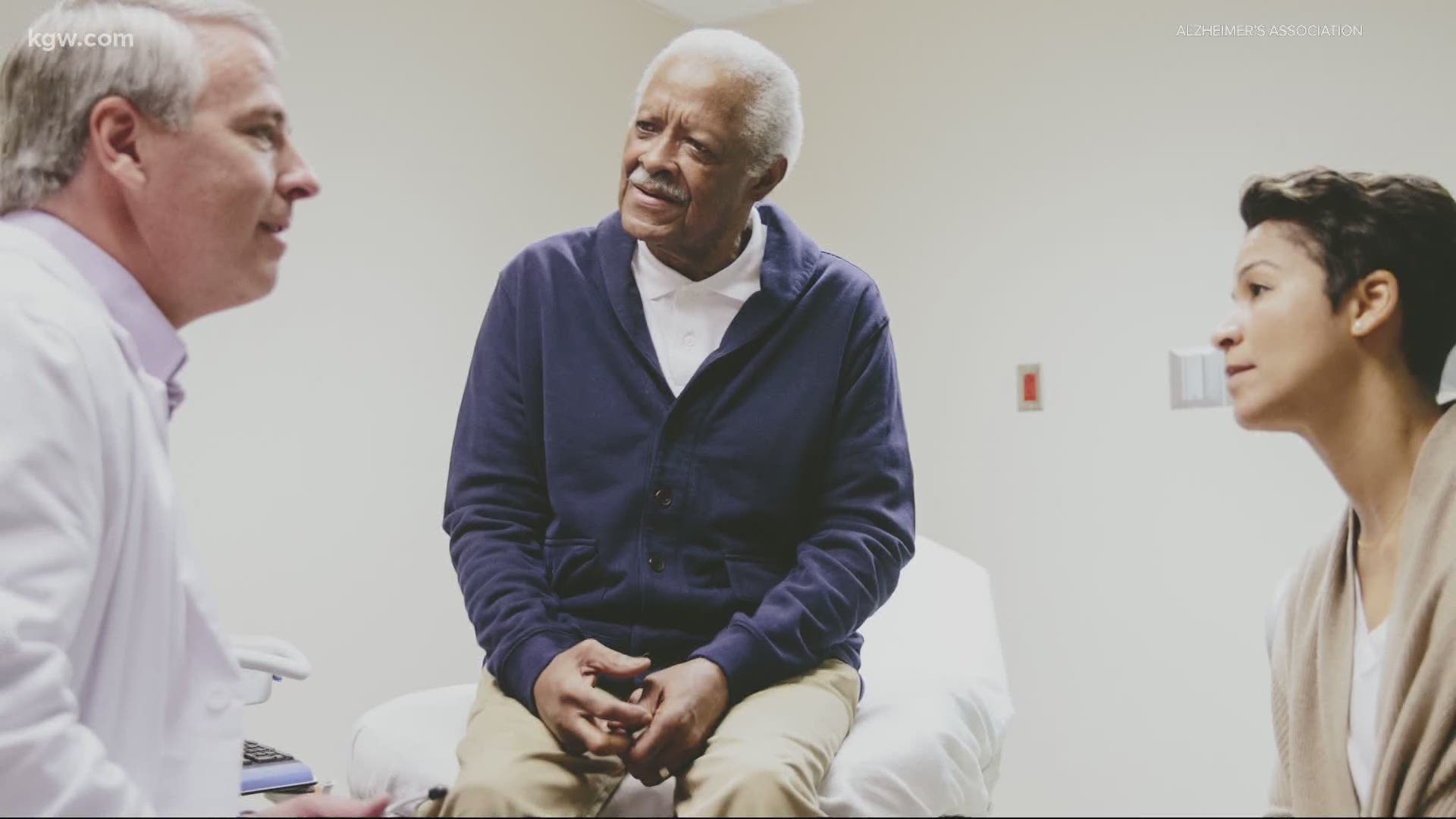PORTLAND, Ore. — A blood test for Alzheimer’s disease and the impact of face-to-face video chats for seniors; both are encouraging research from an international conference.
Social isolation in seniors is a problem that has been magnified by the global pandemic, but research into a remedy has been ongoing for years.
“Really, it’s a huge public issue,” Dr. Hiroko Dodge said.
Dr. Hiroko Dodge is a professor and researcher at Oregon Health and Science University. Her work focuses on the impact of social isolation on seniors and how new technology can make a positive difference.
“Social isolation was found to impact our health very deeply,” Dodge said. “Socially isolated people not only die earlier, but also have developed more comorbidities; like diabetes, obesity, heart disease, stroke, all of this.”
However, Dodge said there’s good news: face-to-face interaction through technology like video chat can help. For about the past two decades Dodge has researched how programs like Zoom, Skype, and Facetime can improve cognition in our aging population.
The study called the internet-based conversational engagement clinical trial or I-CONECT, follows people ages 75 and older for about six months. Half connect with people on the phone. The other half get regular social video chats.
“Then see how social interaction, face-to-face interaction, can improve our cognition and hopefully this will become our sort of remedy for socially isolated people,” Dodge said.
Dodge and her research were just part of the Alzheimer’s Association International Conference (AAIC), which looked a little different this year. It was completely virtual because of the pandemic.
“It’s really important that we continue forward. Alzheimer’s isn’t going anywhere. So, we need to continue forward with that research and helping future generations,” said Heidi Rowell, program director for the Oregon and SW Washington chapter of the Alzheimer’s Association.
The international conference usually sees about 6,000 attendees, but because it went online this year more than 32,000 people were able to participate from more than 160 countries.
For Rowell and many others, the most exciting research to come out of this year’s conference is promising progress for a blood test that could detect Alzheimer’s 20 years before symptoms appear. It’s not finalized yet, but it has many encouraged.
“That’s huge. That gives people time to plan, time to figure out what their wishes are, but it also gives people more time to participate in clinical trials than we’ve ever had before,” Rowell said. “And that could be just groundbreaking for the research community.”
The pandemic isn’t slowing down that research, in fact it’s highlighting some of its importance; not just for people living with Alzheimer’s and dementia-related diseases, but for their caretakers as well.
“Just don’t isolate yourself. Phone call, video chat, helpline, hotline, anything you can do to connect with others is very important,” Dodge said.
The Oregon and SW Washington Chapter of the Alzheimer’s Association will host their annual Walk to End Alzheimer’s on August 22nd in Portland and August 29 in Vancouver.
For more on research out of AAIC visit: https://www.alz.org/aaic/overview.asp
If you’re interested in learning more about the I-CONECT study and to sign you or a loved one up visit: https://www.i-conect.org/

